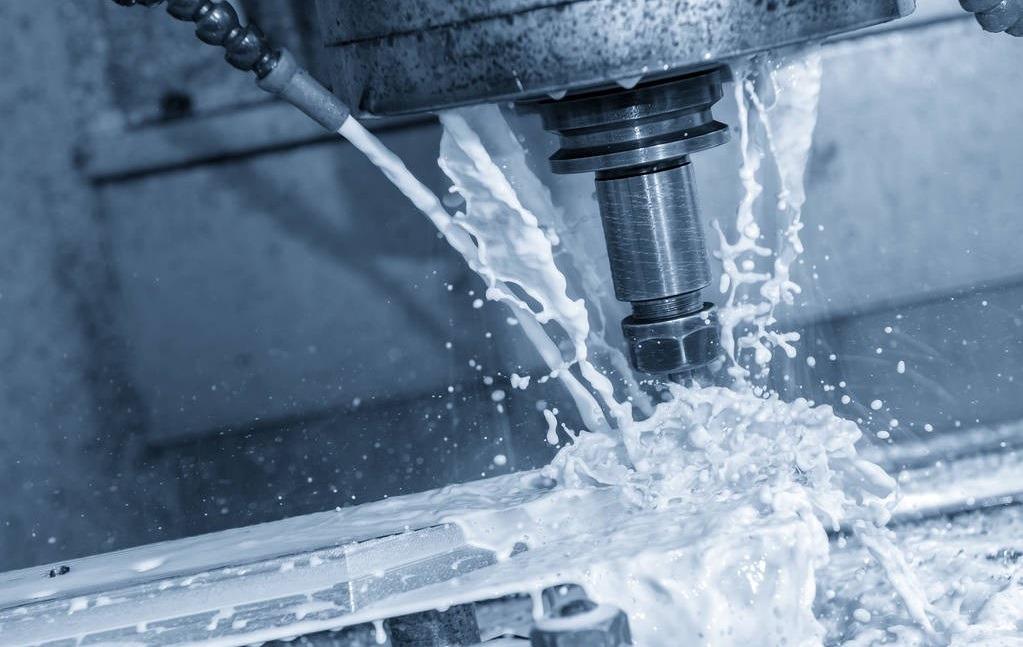While CNC milling aluminum is a versatile and powerful manufacturing technique, it does have certain limitations that are important to consider when deciding if it's the right process for your project. Here are some key limitations to be aware of:
Material Limitations:
- Limited thickness:CNC milling is typically limited to machining parts with a maximum thickness of around 6 inches (15 cm) due to tool deflection and rigidity limitations. For thicker parts, other techniques like casting or forging might be necessary.
- Complex internal features:Milling struggles with intricate internal features like deep cavities or small channels. Alternative methods like EDM (electrical discharge machining) or 3D printing might be better suited for such designs.
- Fragile materials:Very soft or brittle aluminum alloys might not be suitable for CNC milling due to the risk of damage during machining.
Geometric Limitations:
- Undercuts and sharp corners: Tight undercuts and sharp corners can be challenging to machine due to tool access and potential tool breakage. Designs should prioritize rounded edges and achievable angles.
- Thin walls:Milling thin walls requires specialized tooling and techniques to avoid warping or breakage. The minimum achievable wall thickness depends on the part geometry and material properties.
Process Limitations:
- Tooling costs:Complex geometries or tight tolerances might require specialized tooling, increasing production costs.
- Surface finish limitations:While various finishes are achievable, mirror-polished finishes require extensive post-processing, adding time and cost.
- Production speed: Compared to high-volume processes like casting, CNC milling is slower, making it less suitable for large-scale production runs.
Additional Considerations:
- Cost: CNC machining can be expensive, especially for complex parts, tight tolerances, or high-volume production.
- Lead time:Depending on project complexity and machine availability, lead times can vary, impacting project timelines.
- Design for manufacturability: Designing parts with CNC milling limitations in mind can optimize the process and reduce costs.
Conclusion:
CNC milling aluminum offers a powerful and versatile manufacturing technique, but it's crucial to understand its limitations. If you want to know more about CNC milling aluminum, such as alloy and tooling selection. It is also welcome to consult with a qualified CNC machining expert. By considering these limitations and working with experienced CNC machinists, you can ensure your project meets your requirements and achieves optimal results.

